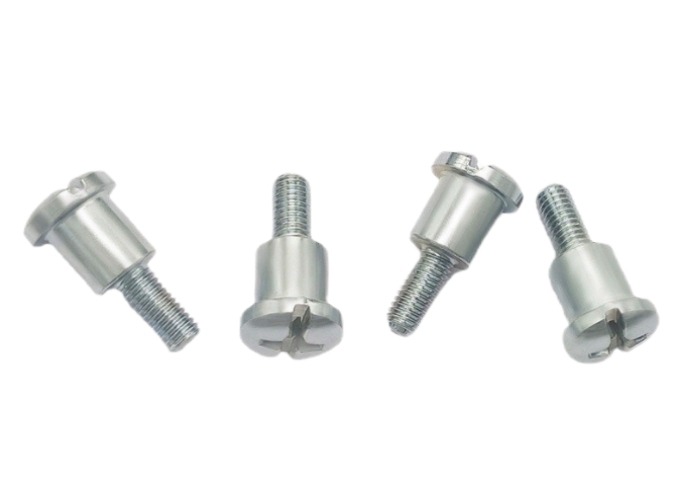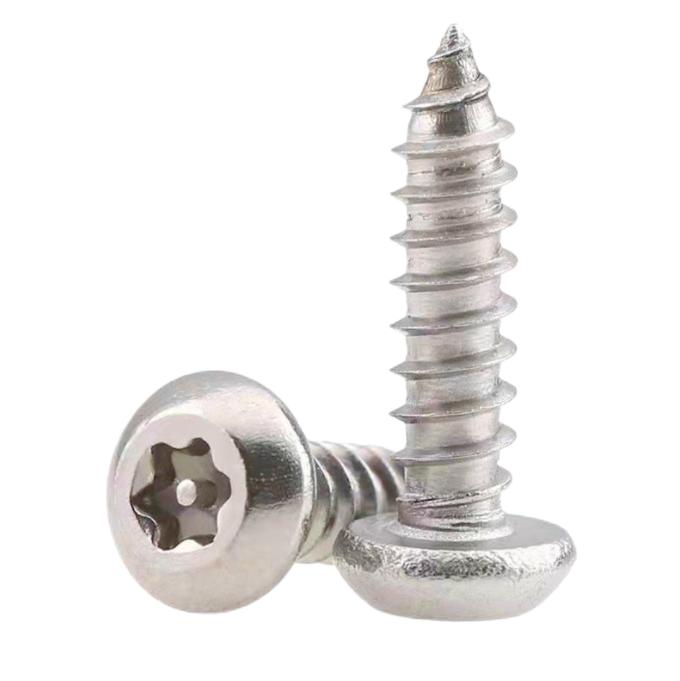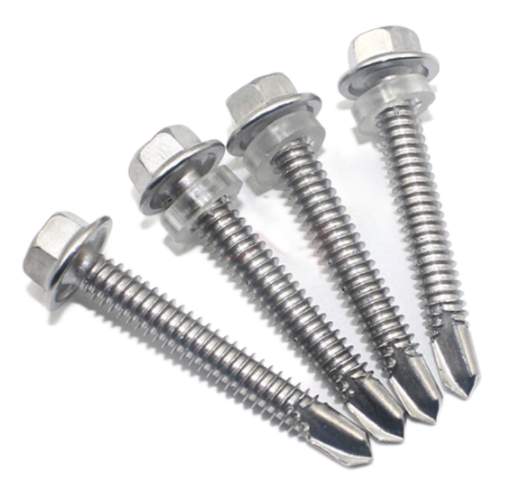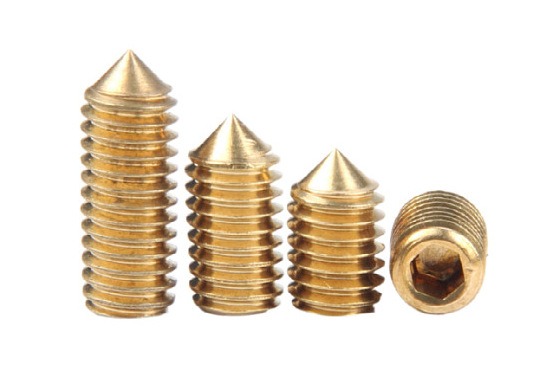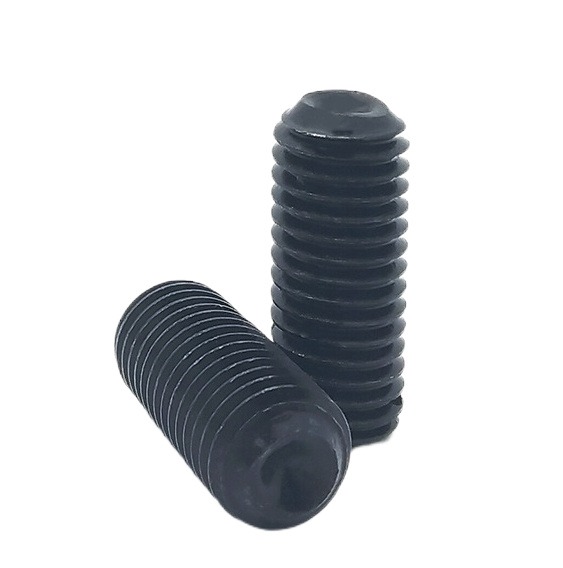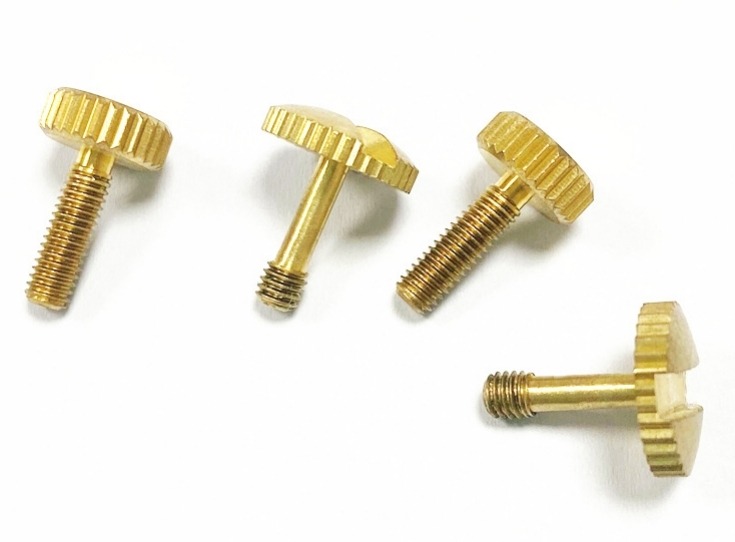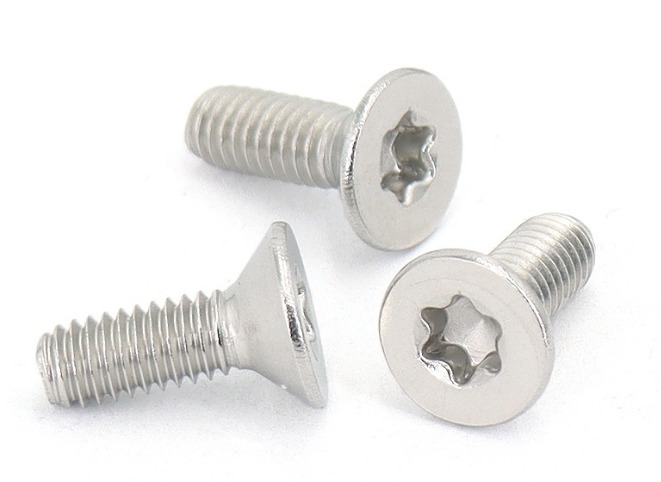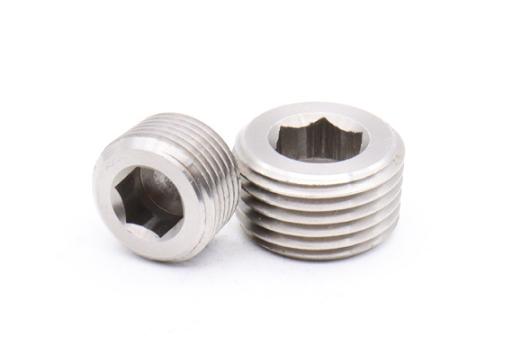What is A Drywall Screw?
A drywall screw is a small but powerful fastener that is essential in the building and remodeling industries. These screws are specifically designed to hold gypsum boards or drywall sheets to wood or metal framing, assuring a long-lasting and sturdy installation. In this article, we will discuss the topic of what is a drywall screw, exploring its characteristics, applications, and the factors to consider when choosing the right type for your project.

What is the Function of A Drywall Screw?
A drywall screw, also known as a gypsum board screw or sheetrock screw, is a type of fastener that is predominantly used in the installation of drywall. In terms of design and function, these screws differ from standard wood screws. They have a sharp, self-drilling point that removes the need for drywall pre-drilling. The screws also include a tiny, threaded shank that provides excellent gripping force while preventing drywall cracking or breaking.

What are the Characteristics of A Drywall Screw?
Sharp Point
A drywall screw has a self-drilling point that is sharp. This design innovation removes the necessity for pre-drilling pilot holes in the drywall during installation, saving time and labor. The pointed point helps the screw to readily pierce the drywall and begin the threading process.
Coarse Thread
The thread pattern of drywall screws is typically coarse. The coarse threads are designed to provide optimum grip and holding force in drywall and framing material. This ensures a secure bond and reduces the likelihood of the drywall becoming loose or drooping over time.
Threaded Shank
A drywall screw’s shank is threaded the whole length of its length. This threaded arrangement improves stability and keeps the screw from readily pulling out of the drywall or framing material. The threading also helps to distribute the load evenly along the length of the screw, reducing the risk of the drywall cracking or breaking.
Recessed Head
Drywall screws typically have a recessed head and are either Phillips or square drive. The recessed head enables for simple countersinking, with the head positioned slightly below the drywall surface. This allows you to apply joint compound or spackle to the screw head, resulting in a smooth and seamless finish.
Length Options
Drywall screws come in a variety of lengths to fit differing drywall thicknesses and the depth of attachment necessary. The length of the screw is important to ensure that it passes through the drywall and penetrates far enough into the frame material to give a secure attachment.
Corrosion Resistance
A coating is applied to drywall screws to improve their corrosion resistance. Coatings such as black phosphate or zinc are commonly used to protect screws from corrosion and deterioration. Corrosion-resistant screws are especially necessary in high-moisture environments or for external applications.
High Strength
Drywall screws are made with excellent tensile and shear strength in mind. They can bear the weight and strains that are exerted on drywall sheets without damaging their integrity. The strength of the screws ensures the installation’s lifespan and durability.
Size and Gauge
Drywall screws come in a variety of sizes and grades. The size of the screw refers to its length and diameter, whereas the gauge denotes the thickness of the screw shaft. Choosing the appropriate size and gauge is essential to ensure the screw fits securely and provides optimal performance.

What are the Applications of A Drywall Screw?
Framing: A drywall screw can be used to connect timber studs or metal framing elements.
Subflooring: Attaching subfloor panels to joists with drywall screws provides stability and prevents squeaks.
Cabinetry: Drywall screws are ideal for building cabinets and firmly attaching the components.
Furniture Construction: A drywall screw can be used in furniture construction to secure panels, attach brackets, and reinforce joints.
General Carpentry: Drywall screws come in handy for a variety of carpentry chores, such as building shelves, installing trim, and mounting fixtures.

What are the Factors to Consider for Choosing the Right Drywall Screw?
Choosing the correct drywall screw is critical for a successful and long-lasting installation.
Length
The thickness of the drywall and the material to which it will be connected dictate the length of the drywall screw. For a stable attachment, the screw should be long enough to pierce the drywall and reach at least 5/8 inch into the framing or substrate. Make sure that the screw length you select meets the unique needs of your project.
Coating
Take into account the setting in which the drywall will be installed. If you’re working in a high-moisture environment, such as a bathroom or basement, use drywall screws with corrosion-resistant coatings. Coatings with black phosphate or zinc, for example, provide further protection against rust and degradation.
Thread Type
Drywall screws often feature a coarse thread pattern, making installation simple and rapid. If you’re working with metal framing, though, consider utilizing fine-threaded screws. When applying drywall to metal studs, finer threads provide more holding force.
Head Type
Drywall screws are commonly available with either a Phillips or a square drive head. For easy installation, select a head type that is compatible with your screwdriver or drill bit. Also, decide whether you want a flush or countersunk finish. Recessed heads hide the screw head beneath the surface, allowing for a smooth finish that can be covered with joint compound or spackle.
Strength
Make sure the drywall screws you purchase are strong enough to withstand the weight and strains exerted on the drywall. Superior tensile and shear strength screws will give higher durability and lessen the chance of drywall drooping or coming loose over time.
Quantity
Calculate how many screws you’ll need for your project. It is recommended that 32 screws be used per 4×8-foot sheet of drywall. If you have a large-scale project, consider buying screws in quantity to prevent many journeys to the store and to assure consistency in screw quality.
Manufacturer Recommendations
Refer to the guidelines and recommendations of the screw manufacturer for the specific drywall brand you are using. They may specify precise specifications or make recommendations for the best type of screws to use.
Summary
Drywall screws are essential components in the construction industry because they provide dependable fastening for drywall sheets and a range of other uses. Their distinct design, which includes a sharp tip, coarse thread, and recessed head, allows for rapid and secure installation while preventing drywall damage.

